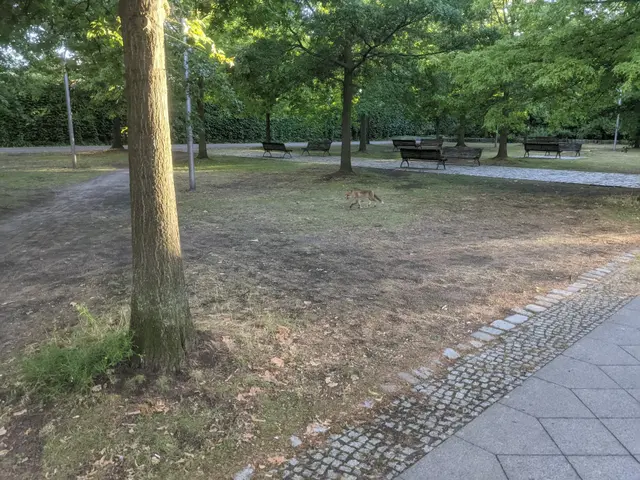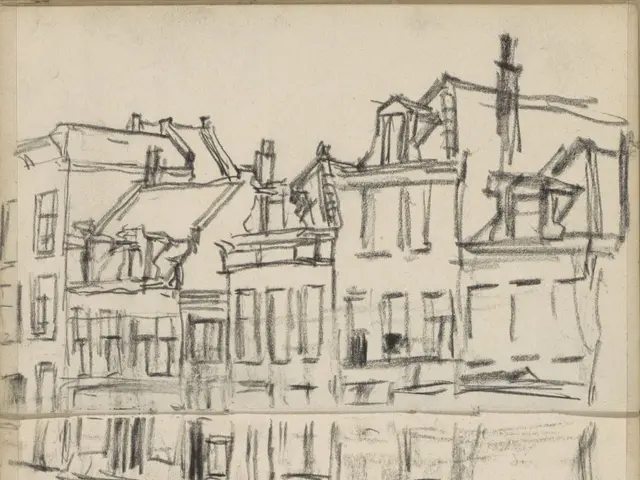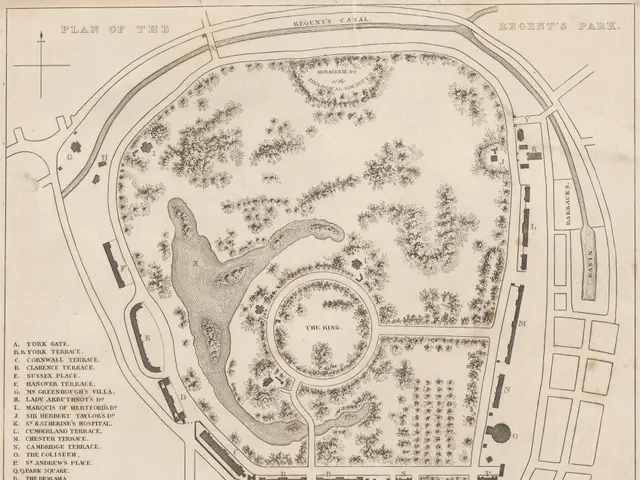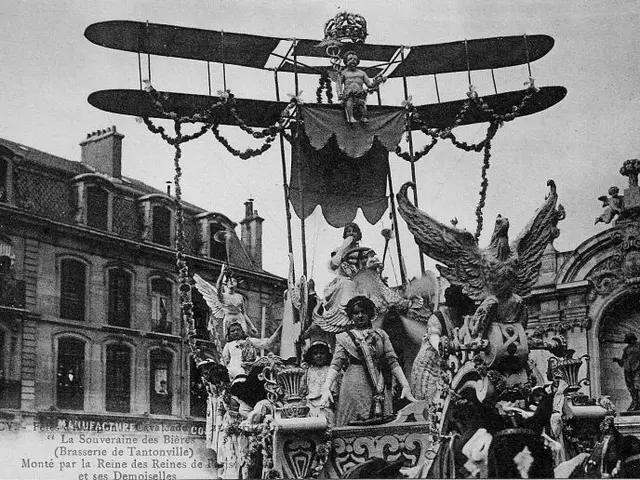Urban Parks Under Pressure from Annual Public Festivals?
Cities are a unique blend of humankind's best and worst behaviors. Nowhere is this more evident than at urban celebrations that disregard public parks.
With summer's warmth, people unburden themselves of clothes, and the sense of responsibility towards our planet seems to vanish. It's like the tantalizing allure of entertainment blinds us to our duties to Mother Nature. Let me break it down.
Feel the Rhythm, Not the Noise
Fireworks, often a festive emblem, are prohibited privately in Graz due to their release of harmful airborne particles. But the rules don't seem to apply to our furry and feathered companions. Sudden, startling sounds can induce stress in pets and terror in wildlife. Even daytime birds have been known to panic, sometimes fatally, colliding with trees and lampposts.
The chaos that comes with celebratory noise affects more than 22 million Europeans who suffer high levels of sound-related annoyance. But that's not what really grinds my gears. Walking through a park on New Year's Day, it was the remnants of someone's party that bothered me—the leftovers of someone enjoying themselves at the expense of others who'd clean up after.
Share the Space, Share the Responsibility
Seems like memories of the night before linger around the empty cartridges scattered everywhere. Going back to last July in the same park, the scene felt eerily familiar when the crowd was shuffling out of a day-long musical festival, leaving cans, bottles, cups, and wrappers in their wake.
It's more than a nuisance. Litter is a serious threat to animals, children, and the environment alike. In Ghana, for example, the aftermath of an event led to a post on LinkedIn expressing outrage over the mess. However, it's encouraging to see that Austria, generally a clean country, is showing a renewed effort to protect its parks. It seems that our eco-friendly tendencies disappear when revelry is in play.
Ashes to Ashes, Butts to Water
The city of Malmö has recognized the destructive potential of litter. To remind visitors of their responsibility, they exhibit discarded items with messages about decomposition times. Wait for it—bottles can take a million years to decompose while cigarettes only take five!
But let's not kid ourselves. Many sources tell us that cigarette butts don't biodegrade at all but rather disintegrate, taking up to a decade to do so, according to Bin Your Butts Leuven, an education campaign group set up by Marilia Breite due to the sight of discarded cigarettes littering a children's sandpit.
Like Marilia, I was horrified at the sight of countless cigarette butts polluting the park post-festival. Dropping butts among the trash and sun-scorched grass seemed downright aggressive.
Sound Pollution Patrol
So yes, our festivities have a direct impact on urban ecosystems. If we want to rewild cities, we need to reconsider the policies that govern our celebrations. It's not just about the parks but about the people who use them, too.
Festivals close off public spaces for temporary stalls, stages, portable toilets, and the massive vehicles that transport them. This leaves those who don't have gardens—or a place to retreat—incapacitated. Green spaces are essential for the health and development of city children, especially those from lower-income households.
It's not just about access, either. Parks are sanctuaries of peace, experiencing an ongoing struggle with unwanted smells, sounds, and physical restrictions. The Haringey Council in London has acknowledged this issue, admitting that events are a legal obligation to provide the recreational experiences citizens expect.
But what if we ring-fenced urban parks in a similar way to national parks, preserving some as havens for wildlife, others as spaces for recreation, and a few for events—as long as they don't disrupt the protected parks. Sounds like a pipe dream, but what better reason for revitalizing brownfields than to create pockets of green space for everyone to enjoy?
Let's Make Festivals Fun Again
Instead of imposing hard-line policies, how about making responsible action part of the fun? Event organizers could work together with city departments to implement strategies like Noise Monitoring Systems, Silent Discos, and Quiet Zones within parks.
Bring a new spin on trash disposal with Ballot Bins, asking smokers to answer a simple question before disposing of their cigarette butts, reducing litter by up to 73%. Innovations like these make responsible action an exciting part of attending festivals.
It's all about cooperation. Cities can shift their focus, working alongside organizers to create cleaner, greener, and more efficient celebrations. After all, who doesn't want a taste of the Bristol way: glowing trash bins, talking bins, and prizes for recycling!
- In the same manner that Graz prohibits private fireworks due to air pollution, perhaps we should implement similar rules regarding pet distress and wildlife panicking from loud celebratory noise.
- Just as Malmö displayed discarded items and their decomposition times to remind visitors of their environmental duties, let's create awareness campaigns against cigarette littering, emphasizing their long-term effects on our parks and homes-and-gardens.
- To foster a harmonious blend of urban festivities and environmental conservation, event organizers could incorporate eco-friendly practices such as Noise Monitoring Systems, Silent Discos, and Quiet Zones, while promoting initiatives like Ballot Bins to reduce litter and encourage responsible lifestyle choices in our events.








